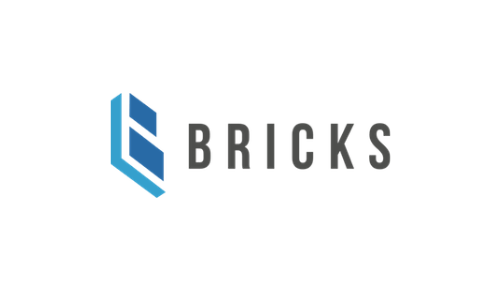You’ve been working remotely for several years. Was there a point when you realized that working from home would require a more significant shift than just setting up a laptop on the coffee table?

Founder of Bricks Coworking & Innovation Space and Director of Professional Services for ideaPoint
While I’ve been fully remote now for just over three years, remote work has been a part of my professional career for much longer, just on a “here and there” basis. With that, I had all the infrastructure in place; private desk, monitors, high-speed internet, etc. Within a month or so fully remote, however, I realized the physical infrastructure was the easy part – it was the mental part that would be the challenge. How do you separate work from home when your office is down the hall? How do you not do your chores mid-morning, or go hang out on the porch when it’s nice out? What about the kids?
Remote work is praised as being more productive because you don’t have the proverbial water cooler at home. But interpersonal camaraderie is an important part of work. How do you maintain this social aspect while working remotely?
I agree, and I do a few things to help with this : 1) made it a point to go into my office in Boston as often as possible, 2) work from somewhere else at least once a week, whether that was a coffee shop or my parents house, 3) get on the phone in a casual way with coworkers multiple times per week. There’s really two takeaways here: you’re going to go stir crazy if you don’t ever get out of your house , and you’re entirely right, having that relationship with your coworkers is incredibly valuable. This is something employers need to keep at the top of mind, as well, as often it’s those relationships that employees build that keep them around and keep them happy in their positions.
How can employers support their employees through the transition (and beyond) to remote work?
To the point above, employers need to encourage employees to socialize, whether it be a physical or virtual happy hour, in person meetings, or other events , it is vital that employees spend both professional and personal time with their counterparts. Aside from that, employers can empower their employees with the right equipment and software. How many employers do ergonomic checks at their employees’ home offices? How many provide sit-stand desks? Multiple monitors? Software that helps them video chat and share documents as if they were in the office? These are vital things to help fill the gap of being in an office that has all of these perks.
You founded a coworking space for remote workers and entrepreneurs. Have you noticed any trends in demand as more businesses adjust to working remotely long-term?
Overall, I’ve seen a couple trends come out of the COVID-19 pandemic and the resulting growth in remote work. First of all, currently, people are not as comfortable working in close proximity with others. This goes directly against what much of coworking and shared workspaces were built around. Second, people that once worked remote from time-to-time that are now fully remote are facing the same challenges I mentioned earlier, and looking for help. How can I stay as productive? How do I know what others are doing? For employers, it’s a similar issue. That said, it is also opening many doors. For instance, employers embracing remote work now have an endless talent pool. Employees, likewise, are able to live and work where they want, even if those two things are in completely different geographical locations.
How can Maine capitalize on the growing acceptance of remote work, and what barriers must we overcome to fully take advantage of this movement?
As previously mentioned, the biggest positive coming out of this pandemic is the removal of walls for many employers in allowing remote work. This benefits not only them in recruiting talent, but also employees in finding work wherever they are. Maine, being Vacationland and having a tremendous quality of living, is the perfect landing spot for remote workers. The lack of employment they desired, which may have held them back from moving here, will no longer. This is a tremendous value-add for Maine, as bringing talented people back into the state will benefit us all in the long run.
By submitting this form, you are consenting to receive marketing emails from: . You can revoke your consent to receive emails at any time by using the SafeUnsubscribe® link, found at the bottom of every email. Emails are serviced by Constant Contact
Last modified: June 18, 2021






